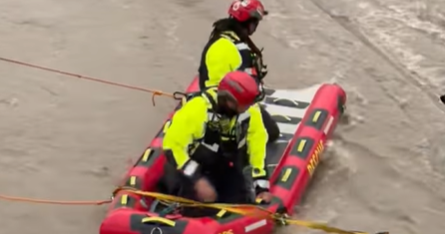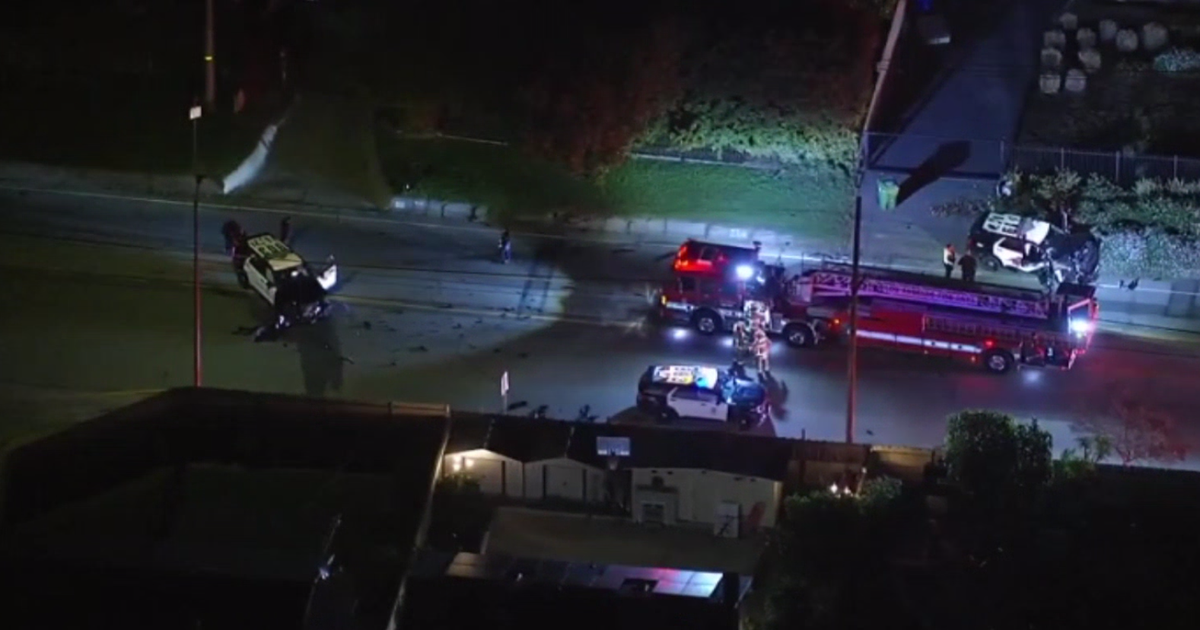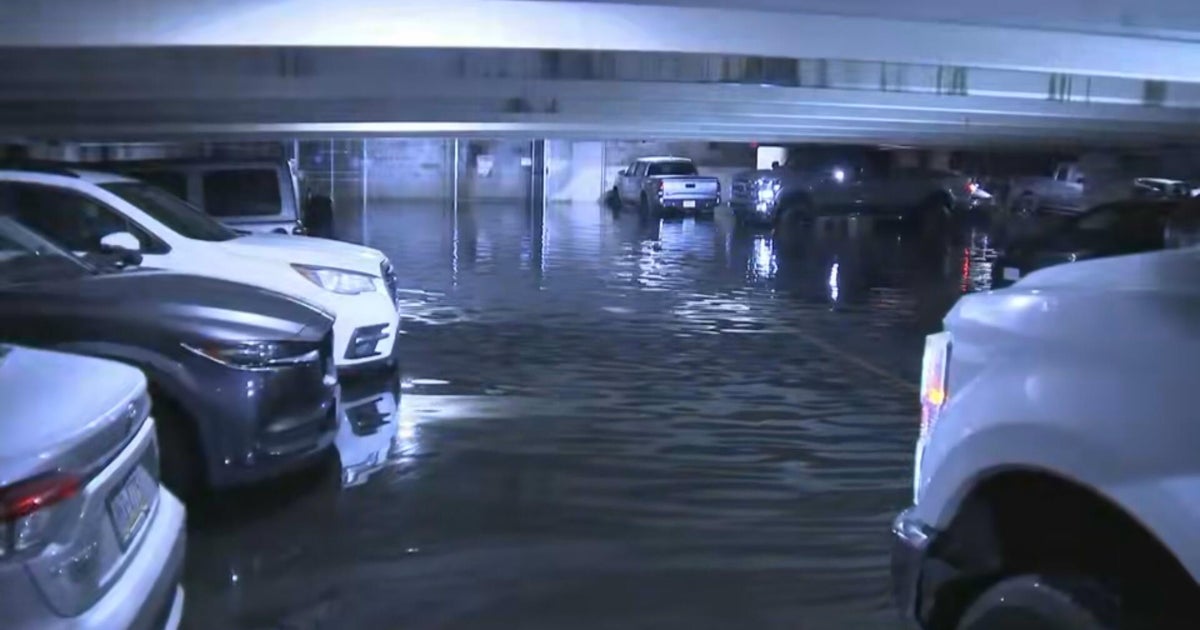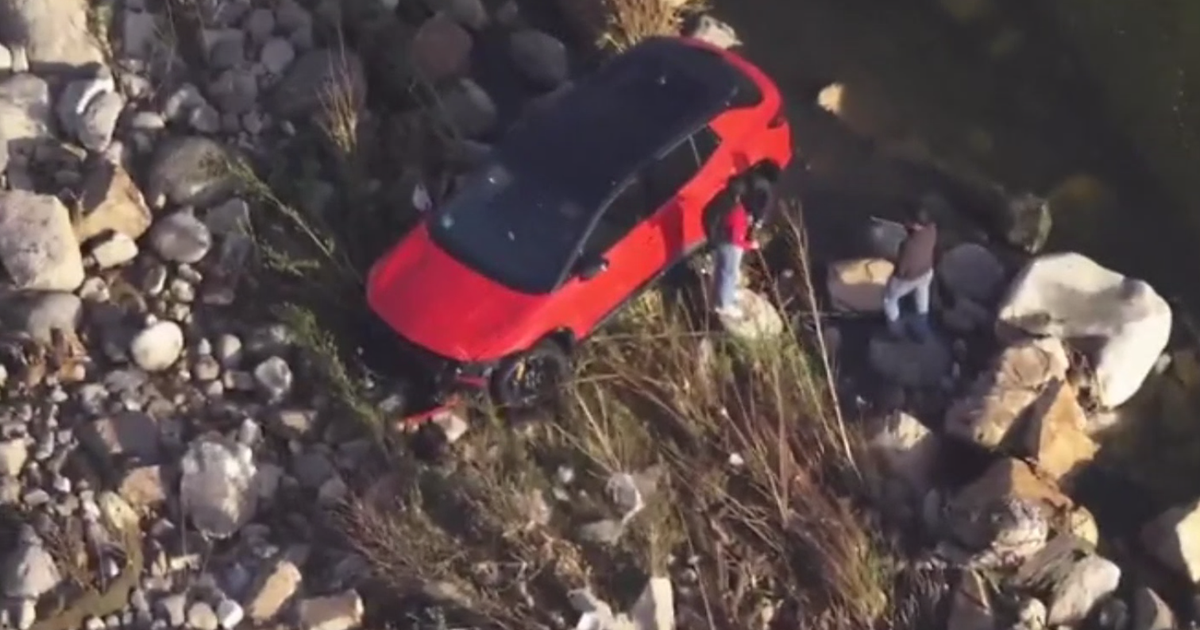Top 10 Ways To Stay Safe On Texas' Amusement Park Thrill Rides
DALLAS (CBSDFW.COM) - Texas thrill-seekers reported 127 injuries on thrill rides, slides, devices and inflatables in a three-year period according to the Texas Department of Insurance.
TDI provided the I-Team with a report showing people up to 69 years old filed complaints about injuries including:
-A twisted arm after a jacket was caught
-Falls
-Falling out of tubes
-Tubes turning over
-Striking consoles
-Being struck by objects
Joe Bixler is an independent ride inspector hired by the State of Fair of Texas.
The CBS 11 I-Team followed Bixler and his crew around the midway days before it opened to the public.
Bixler's team meticulously checked every chain, G-force, and safety device on the dozens of rides.
He tells the I-Team once he does his job, you have a safety check list also:
1 Pay attention to the size of your riders. The largest person should sit on the outside of rides.
"We actually have a picture of two older women riding the ride," says Bixler pointing to one of the many thrill rides. "The big person was there and a little one was here. We caught her face as she came around, and it was incredible seeing, you know the surprise, her friend, the big person, sliding over."
2 Position yourself straight up. Sit forward. And lean back in the ride.
Inspectors explained how some rides are angled so the car is tilted back for safety. "A lot of them want to do this," says Bixler demonstrating how some single riders turn sideways and put their legs up on the seat. "Now the G-forces are pushing you that direction. We've actually had people hanging out of the bar and they looked like a flag."
3 Do not put your fingers in chains. Nervous, twitchy riders tend to do this.
4 If you are a larger person, you need to be able to sit comfortably in the ride. If not, do not ride.
5 If you think there is any chance you'll pass out, make sure there is a second safety device. It may be a belt or bar between your legs and/or side bars to support your head.
6 Relax! Actually rejoice if you see a ride down for maintenance.
"It's no different than a nascar hitting the pits. Time to change tires time to fix it. That's good. That means the operators are doing their job."
7 Stop and watch every ride before you get in line. Ask yourself, "Am I comfortable?"
8 Pay attention to those signs. Observe the health, height and weight requirements.
"If you look at the harnesses on there, they are designed for somebody 48 inches," Bixler says this means it's only safe for someone that size or taller.
9 You've heard "keep your arms and feet inside the vehicle." Warn nervous little ones not to work their feet into rides with spokes such as motorcycles or cars with wheels.
10 Finally, the one object you should never take with you on a ride? A cell phone!
"Everybody wants to take a picture while they're riding. When this comes down and hits a customer, you could be liable for for hurting somebody," explains Bixler holding up his own cell phone.
While Bixler and his team do their job, these are the ten ways you can do yours.
"You know you want to come with a smile and we want you to leave with a smile."







